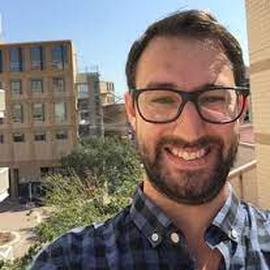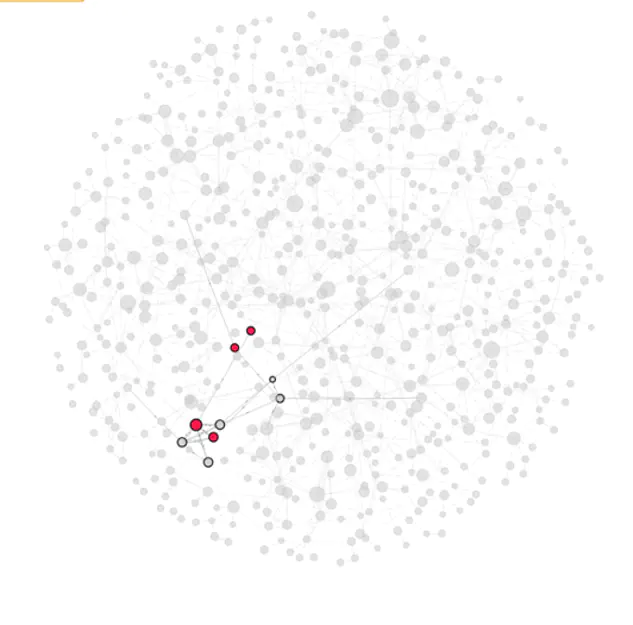Abstract
Considerable attention has been devoted to understanding police socialization and the resulting culture, yet only recently have scholars turned to a network approach to understand the social relationships between officers. We extend these efforts with results from a pilot study of officer networks in a large US police department. Network data are collected from 88 front-line officers to examine officers’ informal working relationships. Our findings shed light on the connected nature of officer relationships, showing how personal support networks intersect and diverge from more formal advice and mentorship networks. The study provides an alternative starting point for understanding socialization as a vehicle of officer attitudes, values, and behaviors. Likewise, it demonstrates the applicability of a network approach for understanding departments’ social and structural organization. We conclude with a discussion on how officer networks can inform meaningful policy initiatives, including shifting organizational climate, enhancing retention, and curbing abuses
Publication
Justice Quarterly, 37(7), 1221-1240

Principal Investigator
Dr. Marie Ouellet’s research focuses on delinquent groups, including how they emerge and evolve, and how networks structure this process. She is currently leading a longitudinal study on police networks to better understand the informal structure of policing, including organizational cohesion and fragmentation within departments, and the consequences of these network structures on the diffusion of behaviors and attitudes. Ouellet’s work has been published in Criminology, Criminology & Public Policy, Journal of Research in Crime and Delinquency, and Justice Quarterly.

Assistant Professor
Dr. Hashimi’s research centers on issues pertaining to policing and policy, peer influence and crime, and violence prevention efforts. Specifically, Dr. Hashimi employs social network analysis and various other research designs to uncover patterns of criminal and non-criminal behaviors that relate to co-offending, police misconduct, police use of force, and gang involvement.

Assistant Professor
Dr. Gravel’s research focuses on the application of social network analysis in many areas of criminology and criminal justice research, most notably in the study of street gangs, co-offending, gun violence, and police misconduct.

Professor
Dean Dabney is a Professor in the Department of Criminal Justice and Criminology at Georgia State University. He received his doctorate in sociology from the University of Florida in 1997 and has been on faculty at GSU since then. His research agenda is principally focused on the study of police culture and their efforts to combat violent crime. In recent years, he has studied the operation of homicide units, the use of confidential informants, police response to gun violence, and officer use of discretion.
